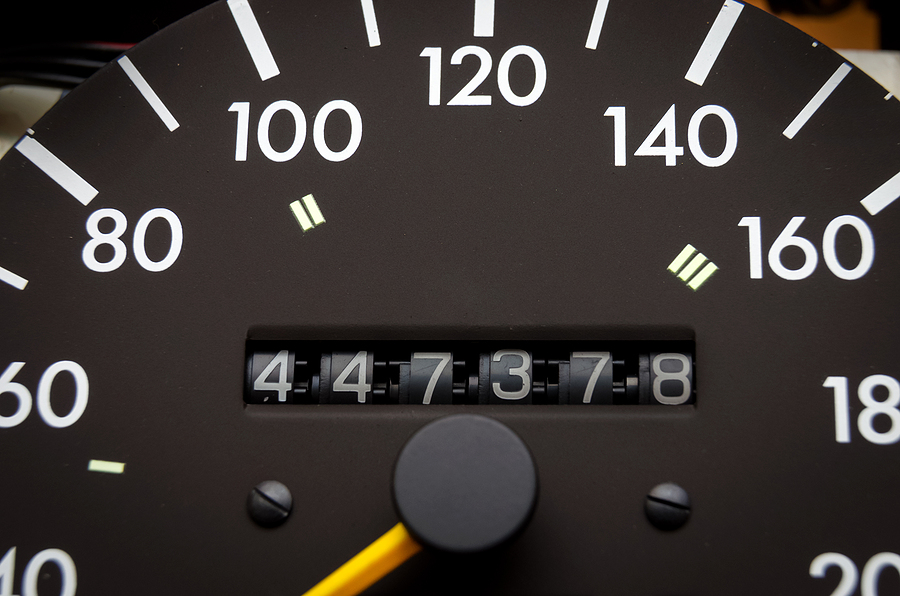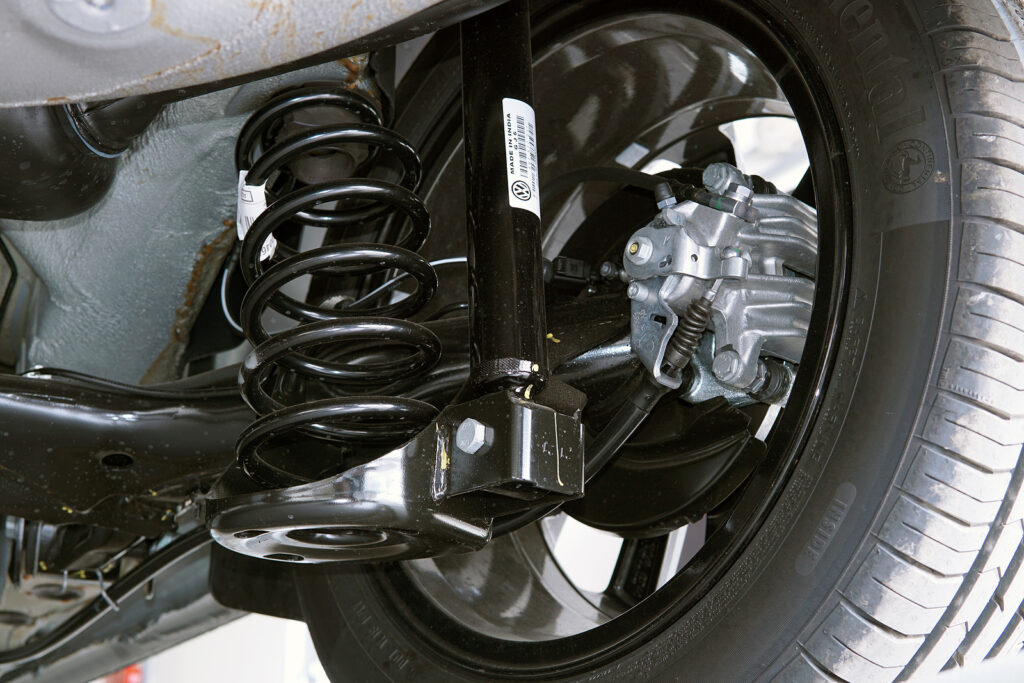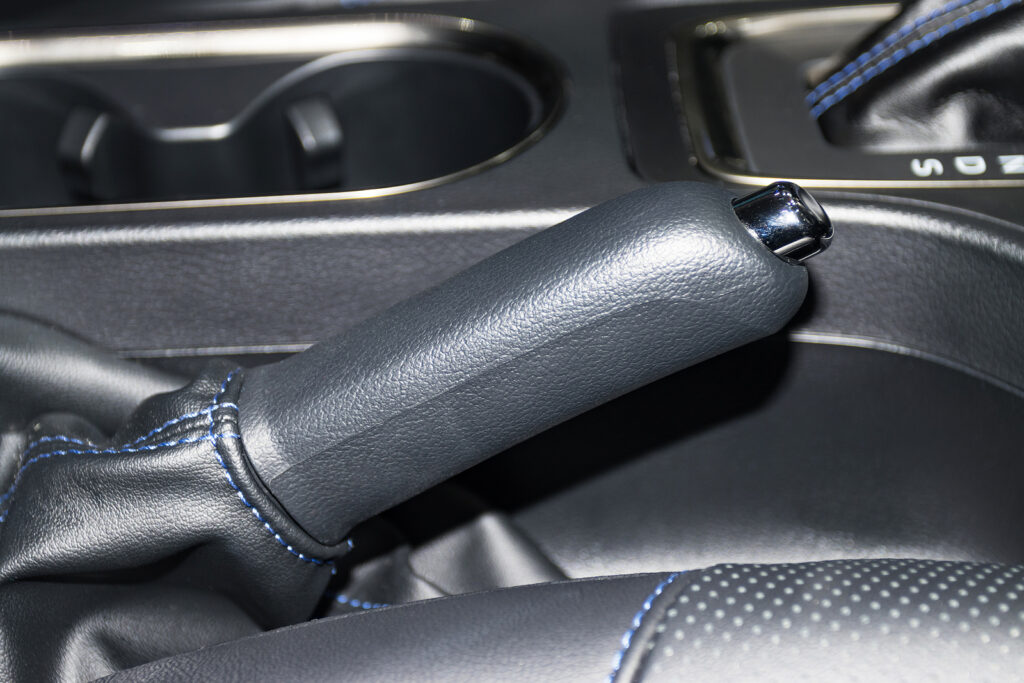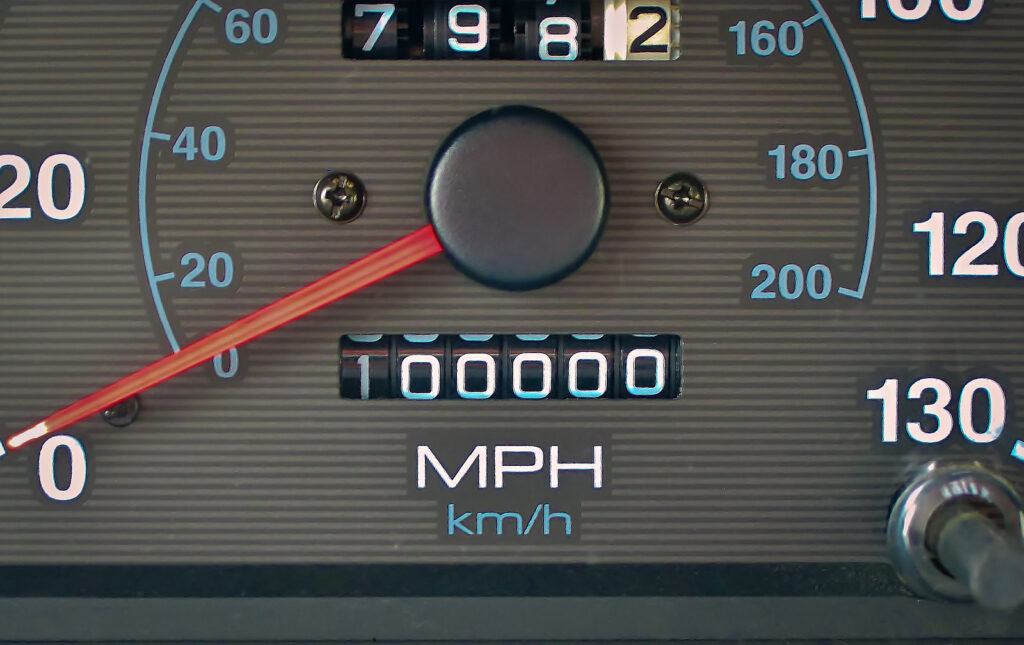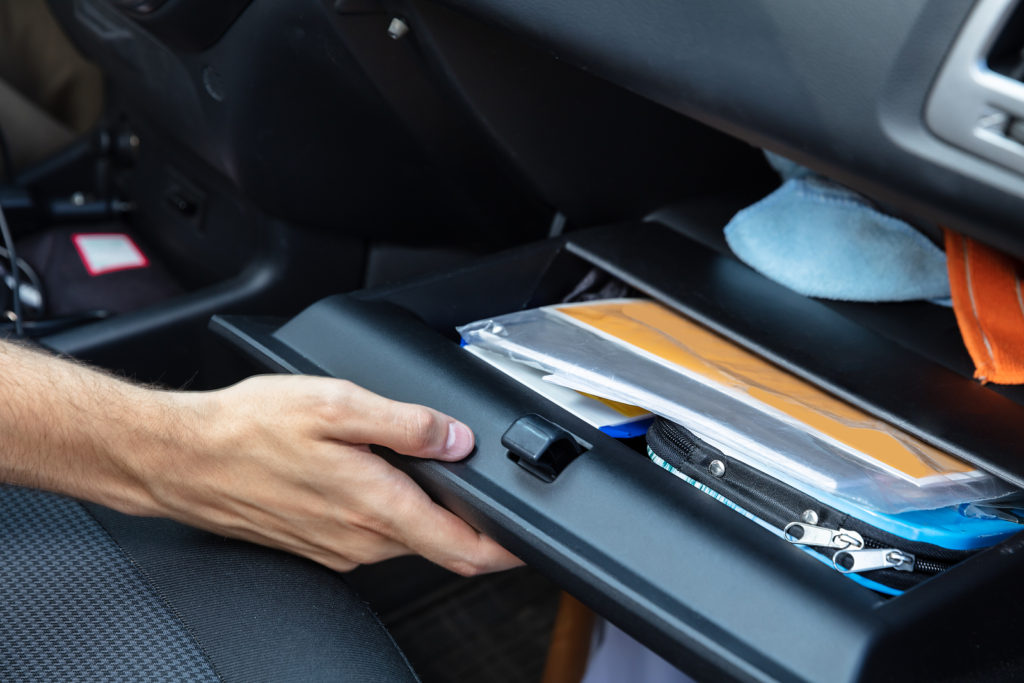As gas prices continue to surge, many Americans are feeling the pinch at the pump. In fact, according to a recent survey, gas prices are now the number one financial concern for Americans. With the fall and early winter travel season upon us, the high cost of gasoline is top of mind for many families. Below are some tips to help you save money on fuel and keep more of your hard-earned money in your account where it belongs!
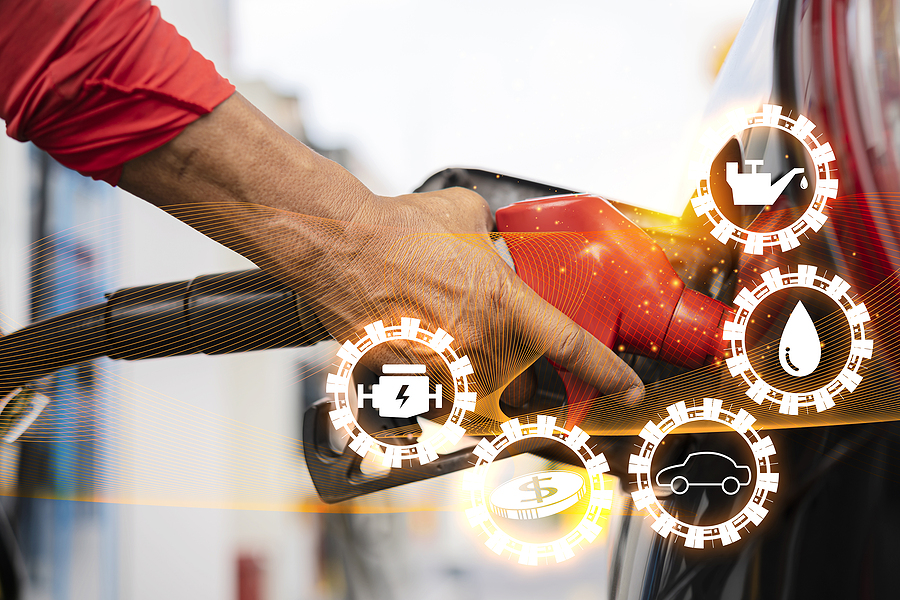
How to Reduce Gas Consumption Everyday
1. Check Your Tires
Making sure your tires are properly inflated can improve your gas mileage by up to 3%.
2. Drive the Speed Limit
For every 5 miles per hour that you drive over 50 mph, you’re effectively paying an additional $0.24 per gallon for gas.
3. Use Cruise Control
When you use cruise control, you maintain a consistent speed and avoid wasting gas by constantly accelerating and braking.
4. Combine Errands Into One Trip
Every time you start your car, you use gas. By combining errands into one trip, you can save gas and money.
5. Avoid Idling
Idling uses gas and emits pollution into the air. If you’re going to be stopped for more than 30 seconds, turn off your engine.
6. Use Gas-Saving Driving Techniques
Some simple driving techniques can help you conserve gas and improve your gas mileage. These include avoiding sudden starts and stops, accelerating gradually, coasting to a stop, and using overdrive gears.
7. Don’t Carry Unnecessary Weight in Your Car
An extra 100 pounds in your car can reduce your gas mileage by up to 2%.
8. Keep Your Car in Good Shape
Making sure your car is properly tuned and that the engine is running efficiently can improve your gas mileage by up to 4%.
9. Use Gas-Saving Features When Available
Some newer cars have gas-saving features such as fuel cut-off, which shuts off the engine when the car comes to a stop, and gear shift indicator lights, which tell you when to shift gears for maximum fuel efficiency.
10. Carpool or Use Public Transportation
When you carpool or use public transportation, you save gas by reducing the number of vehicles on the road.
11. Shop Around for the Best Prices
Gas prices can vary significantly from one station to the next, so it pays to shop around. Use a gas price app or website to find the cheapest gas in your area.
Is your car so broken down and haggard that it is no longer worthy of another tank of gas? Contact us at 317-450-3721 to get your free Indianapolis cash for junk cars offer, today. We serve all of Central Indiana.
Related Posts:
The Risks You Take Driving With Improper Tire Inflation
You are Destroying Your Car if You Do Any of These 5 Things
Top 4 Ways to Extend the Life of Your Car Beyond 100,000 Miles

